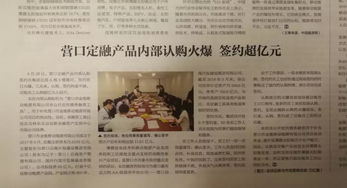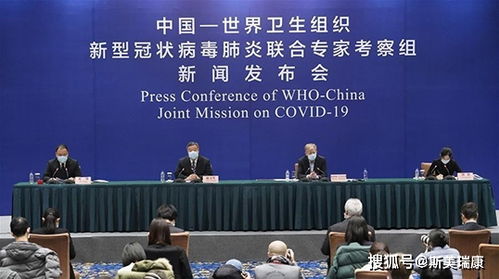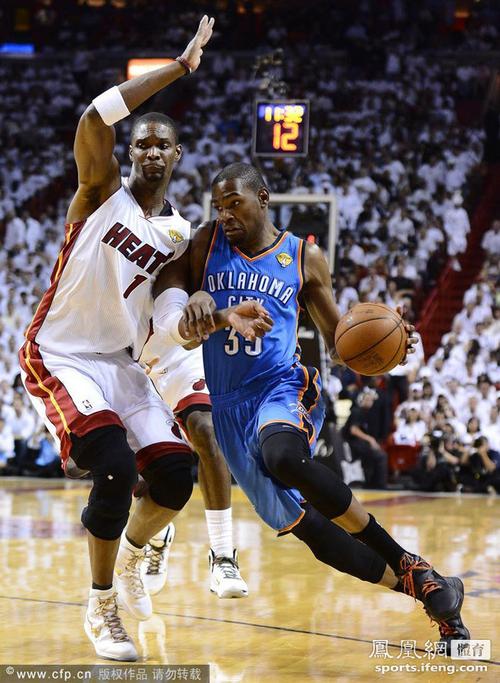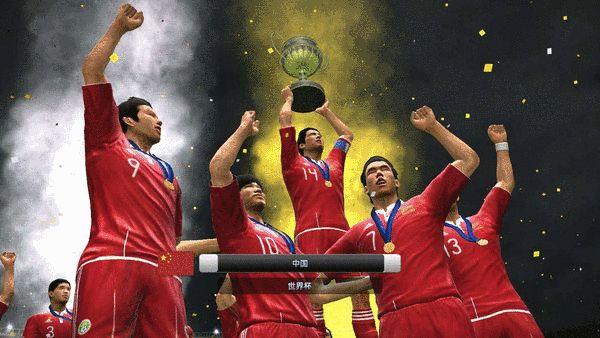FootballClubPersonnelArrangement
When it comes to organizing personnel within a football club, there are several key roles that need to be filled in order to ensure the smooth operation and success of the team. Below is a breakdown of the typical personnel arrangement in a football club:
1. Players
Players are the heart and soul of any football club. They are responsible for training, competing in matches, and representing the club both on and off the field. Players are typically divided into different positions such as goalkeeper, defenders, midfielders, and forwards.
2. Manager
The manager is in charge of the team's tactics, training sessions, and overall strategy. They are responsible for selecting the starting lineup, making substitutions during matches, and motivating the players to perform at their best. The manager plays a crucial role in the success of the team.
3. Coaching Staff
The coaching staff includes assistant coaches, goalkeeper coaches, fitness coaches, and other specialized roles. They work closely with the manager to develop training programs, analyze opponents, and improve the skills of the players. The coaching staff plays a key role in preparing the team for matches.
4. Medical Team
The medical team consists of physiotherapists, doctors, and sports scientists who are responsible for the health and fitness of the players. They provide treatment for injuries, design fitness programs, and monitor the overall well-being of the squad. The medical team plays a crucial role in keeping the players fit and healthy throughout the season.
5. Technical Staff
The technical staff includes analysts, scouts, and other specialists who provide valuable insights and information to the coaching staff and players. They analyze opponents, evaluate player performance, and identify potential transfer targets. The technical staff plays a key role in helping the team gain a competitive edge.
6. Administrative Staff
The administrative staff handles the day-to-day operations of the football club. This includes roles such as the club secretary, finance manager, marketing team, and media relations. The administrative staff ensures that the club runs smoothly off the field and handles tasks such as contract negotiations, sponsorships, and public relations.
7. Youth Academy Staff
The youth academy staff is responsible for developing young talent and preparing them for potential promotion to the first team. This includes coaches, scouts, and support staff who work with young players to help them reach their full potential. The youth academy staff plays a crucial role in the long-term success of the club.
8. Support Staff
Support staff includes roles such as kit managers, equipment managers, ground staff, and hospitality staff. They ensure that the team has everything they need to perform at their best, from clean uniforms to well-maintained training facilities. Support staff play a behind-the-scenes role in supporting the team.
Overall, a well-organized football club requires a diverse range of personnel working together towards a common goal: success on and off the field. Each role is crucial in its own way, and a strong team of professionals can make all the difference in the performance and reputation of the club.










